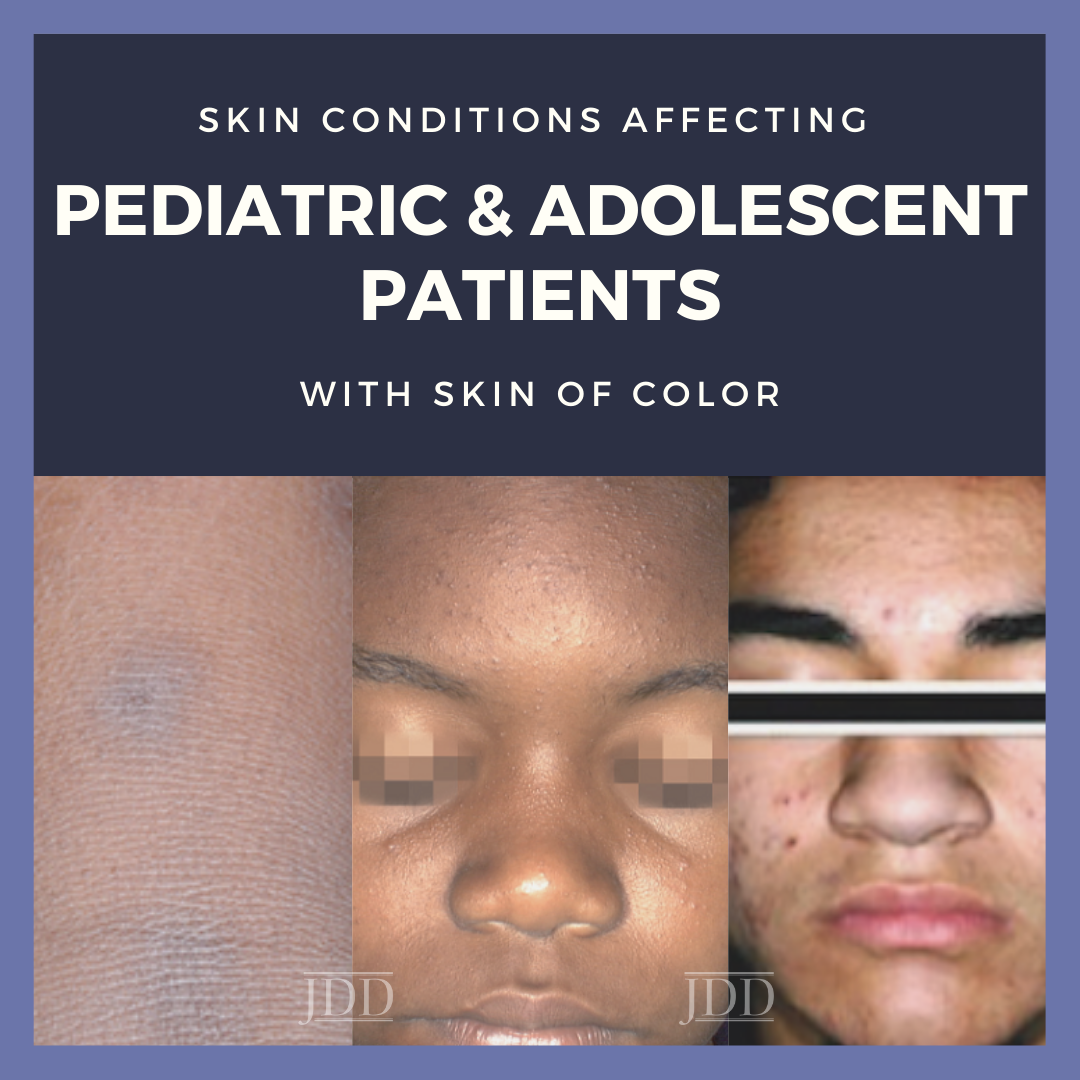Patient Buzz Series: Skincare Ingredients from Your Pantry
 This month’s Patient Buzz includes articles about the latest trendy ingredients in skincare products, and some of them come from the pantry. Does science support claims that turmeric can improve sun-damaged skin and conditions such as acne, eczema or psoriasis? Can licorice root extract serve as a gentler way to lighten the skin?
Be prepared for your patients’ questions by perusing this lis …
This month’s Patient Buzz includes articles about the latest trendy ingredients in skincare products, and some of them come from the pantry. Does science support claims that turmeric can improve sun-damaged skin and conditions such as acne, eczema or psoriasis? Can licorice root extract serve as a gentler way to lighten the skin?
Be prepared for your patients’ questions by perusing this lis …
 This month’s Patient Buzz includes articles about the latest trendy ingredients in skincare products, and some of them come from the pantry. Does science support claims that turmeric can improve sun-damaged skin and conditions such as acne, eczema or psoriasis? Can licorice root extract serve as a gentler way to lighten the skin?
Be prepared for your patients’ questions by perusing this lis …
This month’s Patient Buzz includes articles about the latest trendy ingredients in skincare products, and some of them come from the pantry. Does science support claims that turmeric can improve sun-damaged skin and conditions such as acne, eczema or psoriasis? Can licorice root extract serve as a gentler way to lighten the skin?
Be prepared for your patients’ questions by perusing this lis … Continue reading "Patient Buzz Series: Skincare Ingredients from Your Pantry"


 Sprinkled with many clinical pearls, Dr. Candrice Heath gave us an informative, case-based lecture at the 2021 Skin of Color Update: “Skin Conditions Disproportionately Affecting Pediatric & Adolescent Patients with Skin of Color.” Dr. Heath is an Assistant Professor and Director of Pediatric Dermatology at Lewis Katz School of Medicine at Temple University and is active on social media @D …
Sprinkled with many clinical pearls, Dr. Candrice Heath gave us an informative, case-based lecture at the 2021 Skin of Color Update: “Skin Conditions Disproportionately Affecting Pediatric & Adolescent Patients with Skin of Color.” Dr. Heath is an Assistant Professor and Director of Pediatric Dermatology at Lewis Katz School of Medicine at Temple University and is active on social media @D …  Rosacea is defined by facial erythema and telangiectasias, two features that are more difficult to appreciate in patients with skin of color. To refine our ability to diagnose rosacea in all skin types, on day two of the 2021 Skin of Color Update virtual conference, we had an informative, evidence-based lecture, “Recognizing, Diagnosing, and Treating Rosacea in Patients with Skin of Color,” by …
Rosacea is defined by facial erythema and telangiectasias, two features that are more difficult to appreciate in patients with skin of color. To refine our ability to diagnose rosacea in all skin types, on day two of the 2021 Skin of Color Update virtual conference, we had an informative, evidence-based lecture, “Recognizing, Diagnosing, and Treating Rosacea in Patients with Skin of Color,” by …  2021 is the 50th anniversary of the FDA approval of minocycline (MCN). While many other antibiotics have become obsolete during this time, MCN continues to be quite useful. In dermatology, MCN is used prominently in acne vulgaris, and is also employed in many other dermatological conditions because of its molecular and pharmacological properties. In this article, we review the history of minocycli …
2021 is the 50th anniversary of the FDA approval of minocycline (MCN). While many other antibiotics have become obsolete during this time, MCN continues to be quite useful. In dermatology, MCN is used prominently in acne vulgaris, and is also employed in many other dermatological conditions because of its molecular and pharmacological properties. In this article, we review the history of minocycli …  This patient also has a diagnosis of acne vulgaris (diagnosed 10 years ago). What is the most likely explanation for these cutaneous changes?
A. Peripheral vascular disease
B. Diabetes mellitus
C. Drugs hypersensitivity reaction to penicillin
D. Minocycline-induced hyperpigmentation
E. Leukocytoclastic vasculitis
To find out the correct answer and read the explanation, click he …
This patient also has a diagnosis of acne vulgaris (diagnosed 10 years ago). What is the most likely explanation for these cutaneous changes?
A. Peripheral vascular disease
B. Diabetes mellitus
C. Drugs hypersensitivity reaction to penicillin
D. Minocycline-induced hyperpigmentation
E. Leukocytoclastic vasculitis
To find out the correct answer and read the explanation, click he …